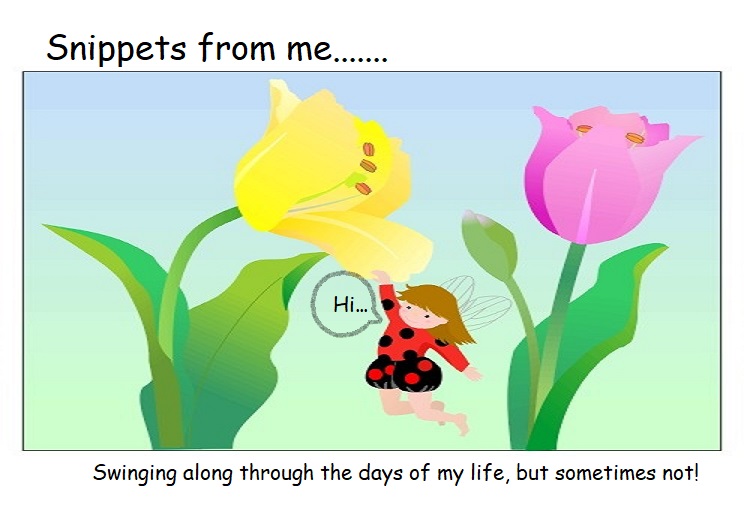Before 2008, and still in England:
Little rabbits, my oh my but how cute they are, with their long velvety ears, and fluffy, cuddly bodies, that is what I thought when Lester first mentioned that we should keep rabbits,
but not as pets but as meat for the table when we eventually moved to our smallholding in France. And oh what a fuss I made, no, I did not think it a good idea at all.
'Rabbits are for pets, not for eating' that is what I said.
2010, and now in France:
So what do you do when an English neighbour comes calling, together with the two rabbits that she said that she had mentioned to Lester a few days ago as needing a home.
Not wanting to put a downer on things, if you were me you don't say anything,
but neither do you take much interest, that's what you do.
And then you become sensible and supportive to your husband, because his belief is that rabbits would make a good supplement to a homesteader's food table, and you are a team, so you stop making a fuss and accept his decision.
But, where to put them, and here is where they went....
against one of the courtyard walls....
(the fig tree is on the right)
...and what to put them in....
Concrete clapiers, that is where rabbits are housed here in France,
so Lester went and found one from somewhere or other,
and then had a grand time trying to assemble it.
.... and finished!
The Rabbit Project then took off,
and soon we had another two clapiers the other side of the fig tree,
plus lots of rabbits to put in them.
..... but eventually we made our first rabbit tractor so that the rabbits could be put out on to the field,
which we felt was a more natural environment for them.
Unfortunately all our rabbits died of myxomotosis just as the tractor was finished, and that ended our enthusiasm for keeping rabbits for a long time.
'Taken from the blog of Sept 2012: And a sadness:
Of the fourteen original rabbits, thirteen have now succombed to myxomotosis. One, therefore, remains. She has just had babies. She also now has myxi.
Don't know whether to end her life, or not just yet. It is quite heartbreaking to see the squirmy little ones who will no doubt have been infected by their mum. Ending their lives is going to be very, very hard. So we do nothing at the moment, just watch, hoping for a miracle which we don't really think is going to happen.
Such is the life on a homestead,
the heart sometimes works overtime coping with it all.'
Although the smallest animals the rabbits are the ones most prone to fatal diseases, and then there is the tendency for the female rabbits to tear their young to pieces for no reason that we could ever see. Picking up little bits of legs, heads, and bodies, is not the most pleasant of tasks.
But on the whole, we missed having rabbits on the farm and so December 2015 saw us with another couple of rabbits, although we did not expect much from them. But surprisingly they quickly became parents and, as is the nature of rabbits, by May 2016 their numbers had multiplied to twenty.
However, a change of plan, mostly because we did not like having to keep the rabbits in the concrete cages, and thought they were more deserving of a better environment in which to live.
The plan was that the clapiers were to be broken up, which has been done, and a new set of runs, taller and longer that the concrete ones, will be built, but that is a future project, as is the making of new rabbit tractors so they can be put out on the field during the day.
One thing we have learnt, though, is that rabbits breed better during the winter and spring here in France, possibly because of lower temperatures and the lack of flying insects, so we shall encourage winter breeding in the future.
Meanwhile, we are gradually putting the rabbits in the freezer. Slaughtering animals is never a pleasant task to do, but the reality of life on a farm is that it has to be done if meat is to come on to the table. But the animals are loved and cared for, they are not pets, but are part of the cycle of life here, and therefore have our deepest respect for what they give us.
All the rabbits are now in the freezer.
September 2016
So, our thoughts on keeping rabbits, are:
- they can be prone to fatal diseases, but the possibility of that happening seems to have lessened after having successfully bred rabbits during winter and early spring.
- rabbit meat is the best meat we have had here, even better than chicken.
- I would probably not keep rabbits if I was on my own. They might be lovely to look at but the nature of the animal is something else.
- Lester was right in that rabbits are an excellent way of providing meat for a family living on a small farm. They breed fast, and come to a good size faster than chickens. They are quicker to skin and butcher than chickens as well.
All in all, we shall keep on having rabbits here at Labartere in the future.
They are worth the effort even if their health can sometimes be delicate.
Meanwhile, the courtyard is now free of rabbits, geese and chickens. It does feel like we are taking a step backwards at the moment, but sometimes you have to do that before you can move forward.
Next step is cutting back the enormous fig tree,
and then we can start working on the ground works.
A potager is intended for this area.
Bye for now,
Vx















































